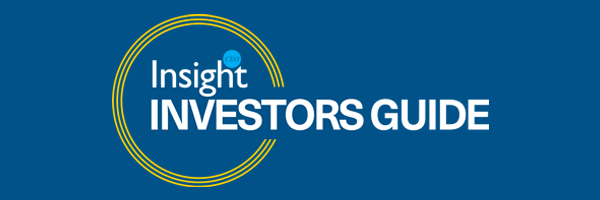Banks to Reform FX Trading Following Rigging Scandal
Share

The world’s largest banks are introducing reform to their currency trading divisions in an effort to regain the trust of customers and pre-empt regulators’ efforts to impose changes on an industry damaged by allegations of manipulation. The banks are taking action in the wake of several authorities opening investigations into claims that dealers leaked confidential client information to counterparts at other firms and colluded to rig currency benchmarks used by money managers.
In August, the Financial Stability Board, the regulatory task force for the Group of 20 economies (G20), proposed widespread change for the FX industry. The world’s top banks have backed the majority of the recommendations to reform the setting of the leading global currency benchmark following allegations of market rigging in the world’s largest and least regulated financial market.
At the heart of the investigations is illegal activity around the WM/Reuters currency fix at 4pm in London, a 60-second window during which major exchange rates are set. These prices are used as reference rates for trillions of dollars of investment and trade globally. Britain’s Financial Conduct Authority has ordered banks to review their rules about conflicts of interest in the FX market and also plans to evaluate the controls that firms have over traders around the time benchmarks are set.
 However, Barclays Plc, Deutsche Bank AG, Goldman Sachs Group Inc., Royal Bank of Scotland Group Plc and UBS AG, which account for more than 40% of foreign-exchange trading by banks, are pre-empting the regulators by introducing measures to make it more difficult for dealers to profit from confidential customer information and take advantage of clients in the largely unregulated $5.3 trillion-a-day currency market.
However, Barclays Plc, Deutsche Bank AG, Goldman Sachs Group Inc., Royal Bank of Scotland Group Plc and UBS AG, which account for more than 40% of foreign-exchange trading by banks, are pre-empting the regulators by introducing measures to make it more difficult for dealers to profit from confidential customer information and take advantage of clients in the largely unregulated $5.3 trillion-a-day currency market.
Banks have set limits what employees are able to charge for exchanging currencies, restricted dealers’ access to information about customer orders, forbidden the use of online chat rooms and pushed trades onto electronic platforms. RBS and Barclays have banned traders and salespeople from seeing colleagues’ forthcoming deals and their banks’ buy and sell orders in aggregate, and RBS now segregates client requests for currency trades at the benchmark rate from the rest of the order book. Moreover, the amount of information about customer orders that bank sales teams are passing to clients has fallen away to almost nothing.
Managers at Deutsche Bank have told foreign-exchange employees that they shouldn’t charge a mark-up on straightforward buy and sell orders in actively traded currencies where the bank isn’t assuming any risk.
Goldman Sachs is encouraging clients who placed their orders via e-mail to trade through its own electronic platform. That eliminates the opportunity for salespeople to observe how a currency moves before providing a rate and to charge the highest rate over a period of hours.
Nonetheless, these initiative won’t entirely stop all information from leaking as traders will find a way around the restrictions. Although banks can limit access to details about client orders on their computer systems, they can’t keep employees from talking to one another. Apparently, some traders also are communicating with clients and counterparts at other firms via Snapchat, the mobile-phone application that sends messages that vanish, to circumvent their company’s controls.



























